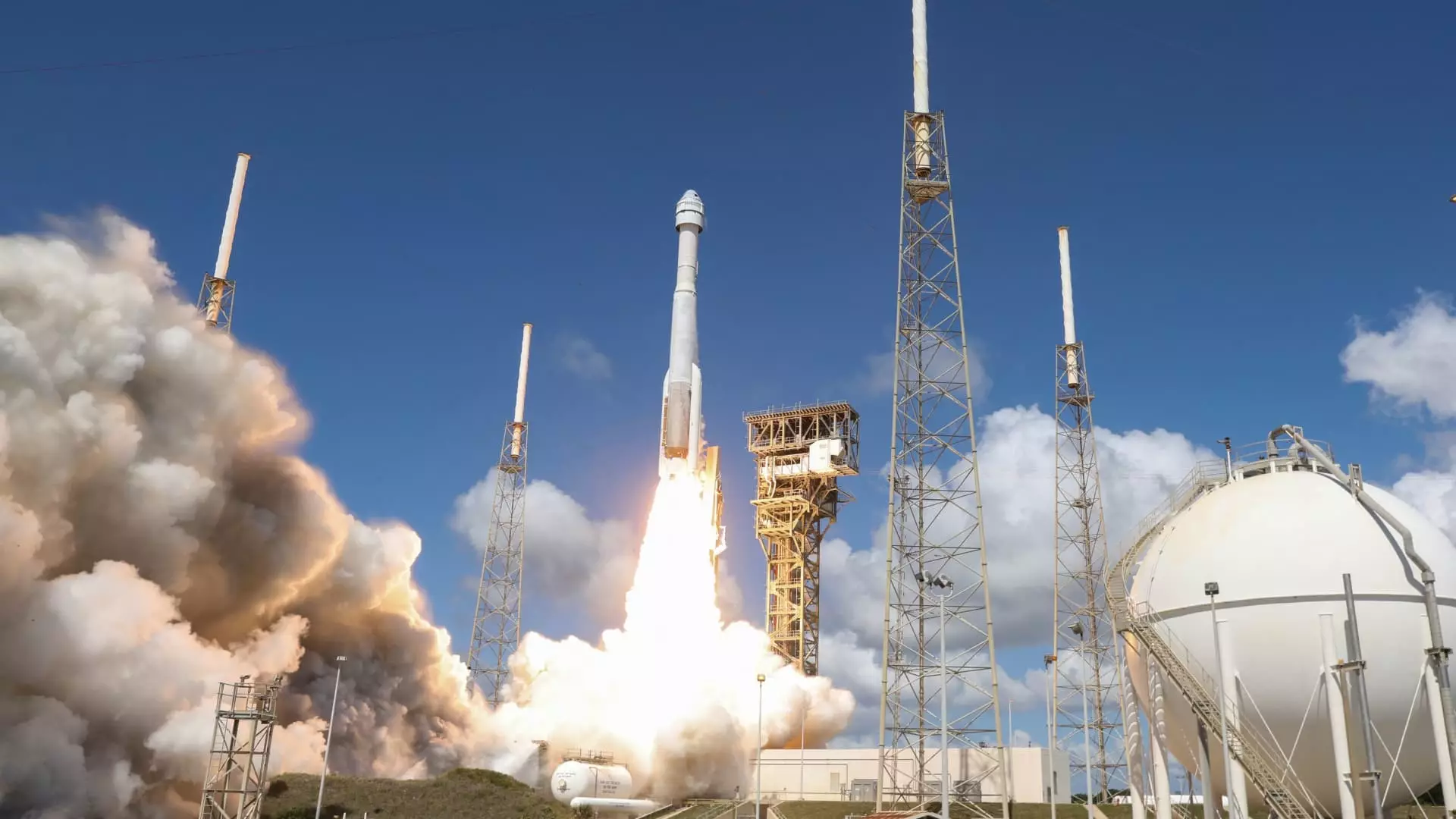Boeing’s Starliner project, a human-grade space capsule aimed at ferrying astronauts to and from the International Space Station, began in 2014. In a bid to support this endeavor, NASA granted Boeing a $4.2 billion contract under its Commercial Crew Program. This move signified a significant shift in NASA’s approach, as it marked the first time the agency had outsourced such a critical aspect of its operations to the private sector.
Despite the initial optimism surrounding the Starliner project, Boeing has encountered numerous challenges in delivering on its commitments to NASA. The company has struggled to fulfill the six missions it is contracted to conduct, resulting in significant delays and cost overruns. Out of the nearly $5 billion earmarked for the development of Starliner, Boeing has already spent $1.5 billion addressing these issues.
In contrast to Boeing’s struggles, SpaceX, another company selected by NASA under the Commercial Crew Program, has achieved notable success with its Crew Dragon capsule. SpaceX has completed more than a dozen crewed missions to space since 2020, demonstrating the company’s ability to deliver on its commitments efficiently. This stark difference in performance highlights the challenges faced by Boeing and raises questions about the company’s ability to meet the expectations set by NASA.
The delays and setbacks experienced by Boeing’s Starliner program have significant implications for the future of human spaceflight. NASA’s reliance on private companies like Boeing and SpaceX to transport astronauts to the International Space Station represents a fundamental shift in the agency’s approach. However, Boeing’s struggles underscore the importance of rigorous oversight and accountability in such partnerships to ensure the safety and success of future missions.
The challenges faced by Boeing’s Starliner program serve as a cautionary tale for the aerospace industry. While the promise of human-grade space capsules holds immense potential, the execution of such projects requires meticulous planning, robust infrastructure, and effective project management. As Boeing works to overcome its current obstacles and deliver on its commitments to NASA, the company must demonstrate a renewed focus on efficiency, transparency, and technical excellence to regain the confidence of its stakeholders and secure its place in the future of space exploration.


Leave a Reply